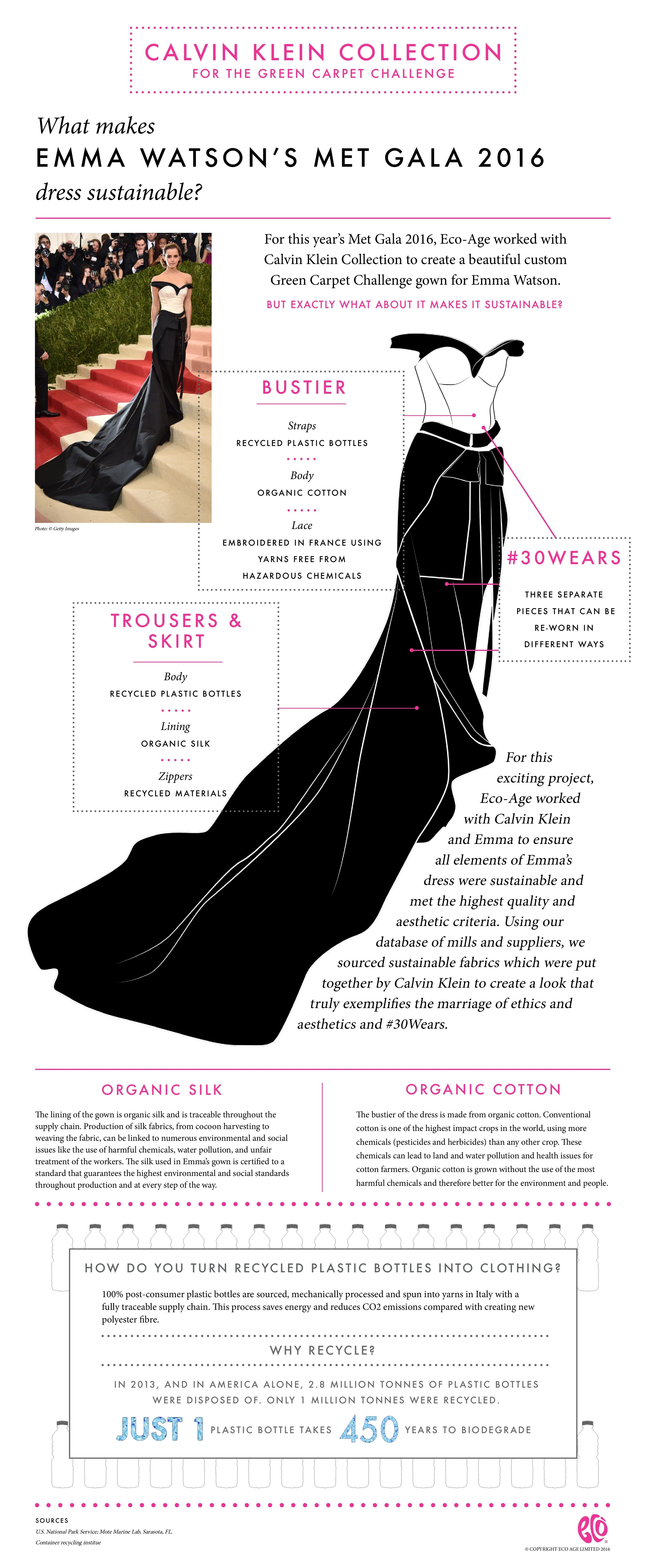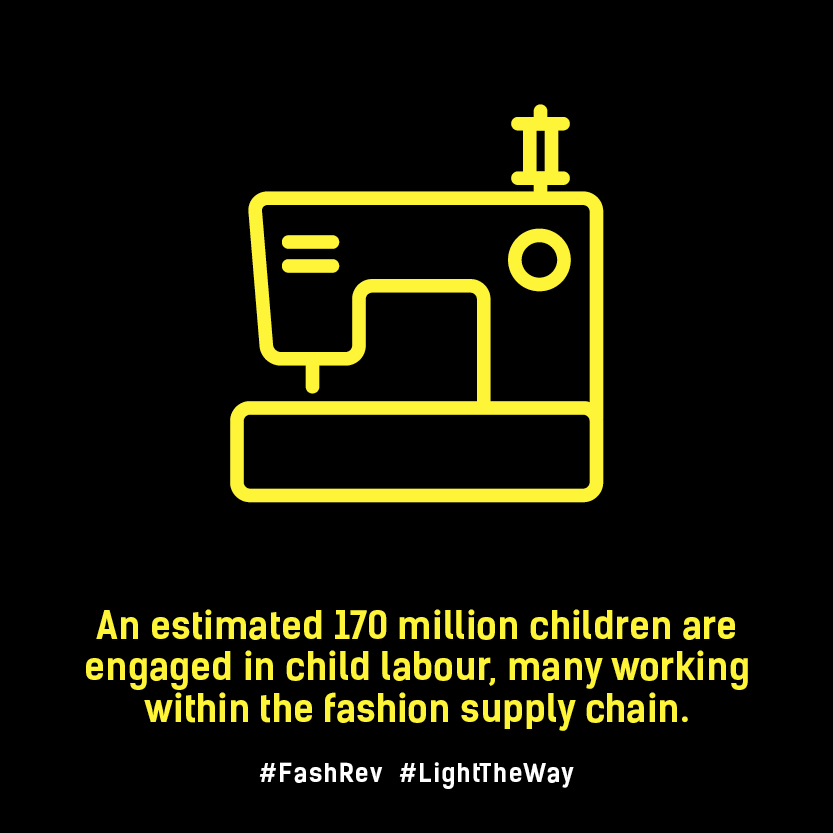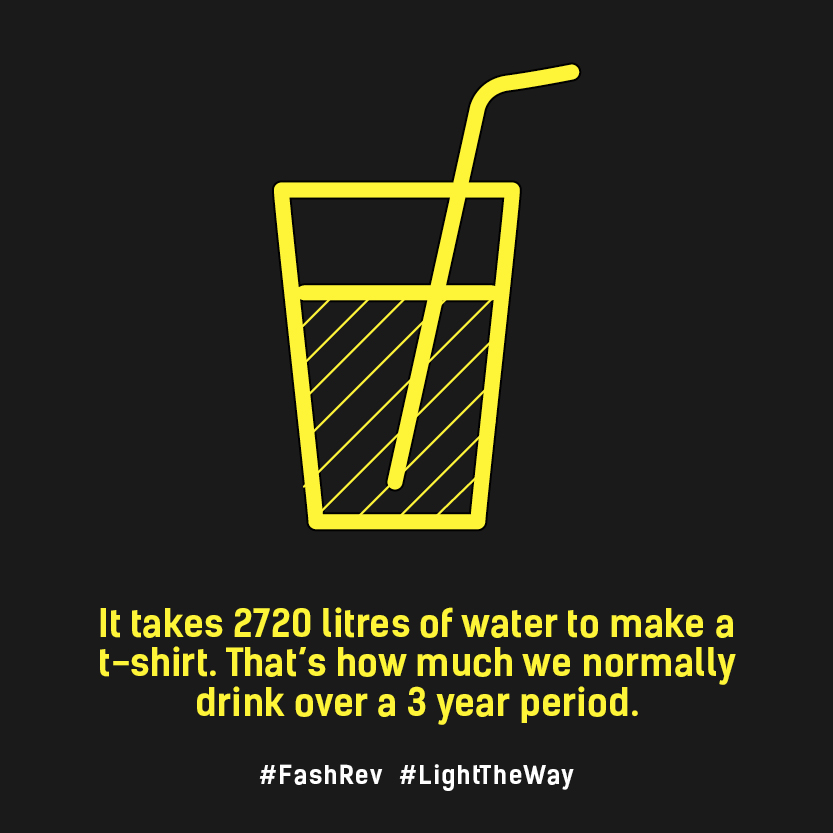Getting a sustainable wardrobe is easier than you think!

Who doesn’t love fashion? But let’s stop and think for a moment. Do we really need all those clothes? There’s beauty in reducing your buying and an admirable quality in conscious consumption. My grandparents were farmers and landowners in Punjab. They raised us with stories about the ‘seed’ and what it meant to our eco system. It helped me develop respect for the environment at an early age. I later went on to learn about the textile industry and started making calculated choices to reduce my footprint and support sustainable living as much I could. My relationship to fashion means that I have to plan my wears better and this takes a bit of time. I love to make my clothes last and most of what I wear has a great story or multiple memories attached to them. It’s almost poetic.
Fashion and social media
There have been occasions where I’ve worn something to death and realised it only when every photo for about 8 years featured the same dress, top or t-shirt at special occasions. That’s when I started rotating my outfits. I have different circles of friends and acquaintances, so my outfits on rotation would appear to be a new wear while in fact I had already worn that dress five times before. That plan of mine was working really well until the photographs and timelines on Facebook revealed my choices for what they were. Some people get embarrassed by repeat wears while some idiots brag about one time wears. Repeating clothes never bothered me, on the contrary I feel proud about having a sustainable approach to my wardrobe and I hope more people do too.
A tribe of women encouraged my path of sustainable living, to live my truth. Queen of #30Wears and the Green Carpet Challenge, Livia Firth is one of my mentors. The #30Wears challenge encourages you to ask yourself if you would wear the garment you’re about to purchase at least 30 times. While the Green Carpet Challenge collaborates with designers to create sustainable designs. Joss Whipple, founder of UK’s first ethical sales showroom Element23, who has been giving me sustainability styling advise since over a decade now. She introduced me to amazing brands from around the world as well as the founders of Fashion Revolution, Orsola de Castro and Carry Somers. Anita Rodick, founder of The Body Shop and Sam Roddick also added to my stance on ethical fashion.
 +Image courtesy: ECOAGE
+Image courtesy: ECOAGE
Mass Consumption: Don’t be blindsided by a bargain
When I hit the high streets or malls, something that actually makes my skin crawl – I can’t help but notice frenzied shoppers tranced out by the blindside of their bargain hunt. Fast fashion isn’t good for our soul, neither is mass and unnecessary consumption. Shame on us for bragging about buying 5 different colours of the same t-shirt because we couldn’t decide on which one to get.

Someone, somewhere is paying the price for our choices. Somebody is either working in a lab or industrial factory to produce the synthetic polyester fabric or planting a seed to grow the cotton which becomes the fibre of your fabric. The environment and the worker is paying the price at this stage. There are so many processes involved in getting your clothes onto a hanger in a store. The basic fabric is being produced, farmed, spun, dyed, washed, treated, cut, sewn, ironed, tagged, priced and hung, then most likely placed in a plastic or paper bag for you to head home with. And the end product is sold for $6? Only $6. We ultimately dispose our fast fashion purchases, which end up in landfills, and take forever to decompose. Harmful gasses are released into the atmosphere and all sorts of chemicals are released into the soil from the dyes and chemical processes the garment has been through.
So let’s all strive to make our wardrobes sustainable. If each person on the planet made 1 out of 10 of their fashion purchases a sustainable choice, imagine how progressive that would be in reducing consumption. It can be a fair-trade certified t-shirt instead of a high street fast fashion t-shirt. When you do this, it means that you’re supporting the farmer that farms fair-trade. You’d be supporting fair wages for everyone in the supply chain. Look at the difference your shopping choices can make. Wherever you buy clothes from, I urge you to ask the brand #WhoMadeMyClothes? and join the #FashionRevolution. The more consumers talk to their brands and question their supply chain, the more pressure they will feel to change some of the flaws in the system.

How do you become a smart consumer?
- Be informed: Understand and connect with the choices you make. Think about the supply chain. When you reach out to buy a fast fashion fix maybe plan your buying. Go online and find some sustainable fashion brands and start to gradually include sustainable fashion in your closet.
- Buy Less: This has a massive impact. Fashion has a big footprint on the environment. Maybe you can rent the runway, join a clothes swap or borrow? Or Recycle and Re-Use! If you do – take a selfie and post it on social media hashtag #LovedClothesLast and tag us in.
- Learn about how your clothes are made: From Leather, Polyester, Silk, Cotton, Cashmere to Nylon, the list is almost endless but start somewhere. Learn more about the process of making your clothes. Once you understand how your fashion is made perhaps then you will make more conscious choices and respect your garments that much more.
Live consciously and be proud of it. Lead by example. Slow it Down (just a little bit).
Text by: Suki Dusanj – Lenz (Fashion Revolution India) @fashionrevolutionindia
All Images Courtesy: Fashion Revolution
* For further reading on Fashion Revolution – www.fashionrevolution.org